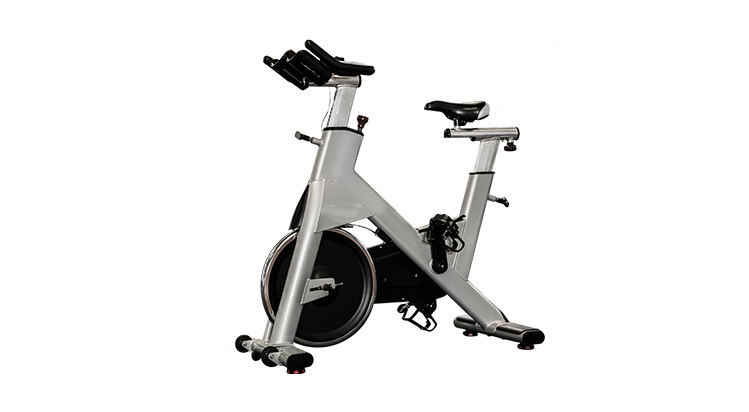
The Future of Automotive Parts Trends and Innovations Shaping the Industry
The automotive parts industry is undergoing a significant transformation fueled by technological advancements, changing consumer expectations, and a growing emphasis on sustainability. As the automotive sector pivots towards electric and autonomous vehicles, the landscape for auto parts manufacturers is evolving rapidly. This article explores some of the key trends and innovations that are shaping the future of automotive parts.
Electrification A Shift in Components
The rise of electric vehicles (EVs) is one of the most significant changes the automotive industry has seen in recent years. Traditional internal combustion engines are being replaced by electric drivetrains, which require a different set of components. For instance, EVs rely heavily on electric motors, battery management systems, and advanced thermal management solutions. This shift is compelling parts manufacturers to innovate and develop specialized components that can meet the unique demands of electric vehicles.
As automakers increasingly adopt electrification, the need for lightweight materials, such as aluminum and carbon fiber, has surged. These materials help improve the efficiency and range of EVs by reducing overall vehicle weight. Consequently, parts suppliers are investing in new manufacturing processes, such as advanced composites and 3D printing, to create lightweight and durable components that can withstand the rigors of electric vehicle operation.
Autonomous Vehicle Technology
Alongside electrification, the development of autonomous vehicles is reshaping the automotive parts landscape. Autonomous vehicles rely on an array of sensors, cameras, and sophisticated software to navigate the roads safely. This shift means an increasing demand for high-tech components such as LiDAR systems, radar sensors, and advanced computing units.
Moreover, the integration of advanced driver-assistance systems (ADAS) has become crucial in modern vehicles. These systems enhance safety and functionality, requiring intricate electronic components and software integration. As a result, parts manufacturers are collaborating with tech companies to innovate solutions that support the development of semi-autonomous and fully autonomous vehicles.
Sustainability and Eco-Friendly Practices

As environmental concerns mount, sustainability has become a pressing priority for the automotive industry. Consumers are increasingly demanding greener vehicles, prompting automakers and parts suppliers to adopt eco-friendly practices. This includes the use of sustainable materials, recycling old parts, and reducing carbon footprints in manufacturing processes.
Moreover, many manufacturers are focusing on the end-of-life management of automotive parts. This involves designing products that are easier to recycle, thereby minimizing waste and promoting a circular economy. The rise of electric vehicles also encourages the recycling of lithium-ion batteries, a critical component in EVs, to recover valuable materials and reduce environmental impact.
The Digital Revolution
The digital transformation of the automotive industry also encompasses innovations in the parts sector. Technologies such as the Internet of Things (IoT), artificial intelligence (AI), and big data analytics are redefining how parts manufacturers operate. IoT-enabled devices can monitor the performance of components in real-time, allowing for predictive maintenance and reducing the likelihood of failures.
Moreover, AI-driven algorithms are employed in supply chain management, optimizing inventory levels and reducing production costs. These digital tools enhance efficiency and responsiveness, enabling manufacturers to adapt quickly to market changes and consumer demands.
Conclusion
The automotive parts industry stands at a crossroads, with electrification, autonomous technology, sustainability, and digital innovation reshaping its future. As manufacturers navigate these trends, collaboration and adaptability will be pivotal. Embracing new technologies and sustainable practices will not only meet growing consumer expectations but also contribute to a more efficient and eco-friendly automotive sector.
The automotive parts landscape is set for remarkable change in the coming years, and those who embrace innovation will lead the way in this exciting new era. With the right investments in technology and sustainability, the future of automotive parts looks promising, paving the way for safer, more efficient, and environmentally friendly vehicles.